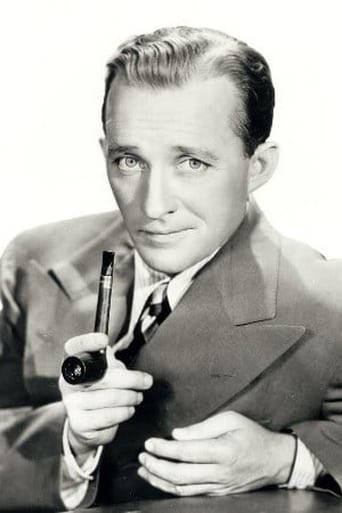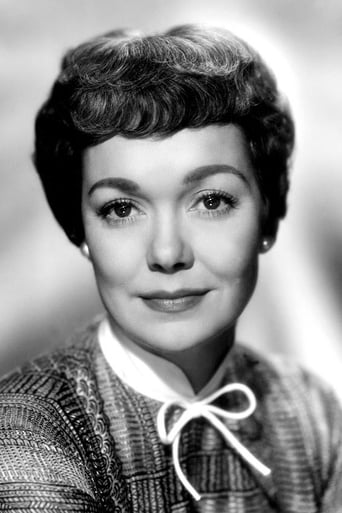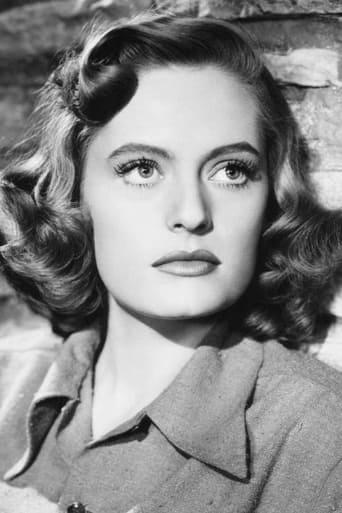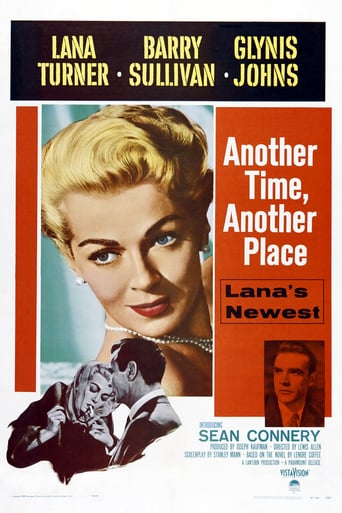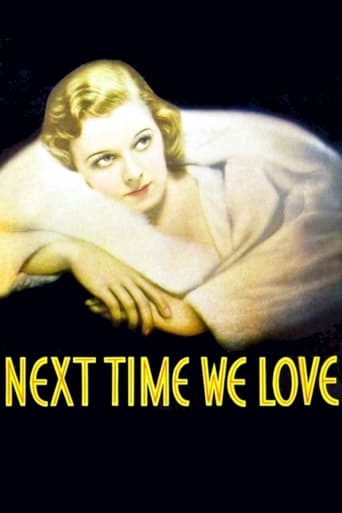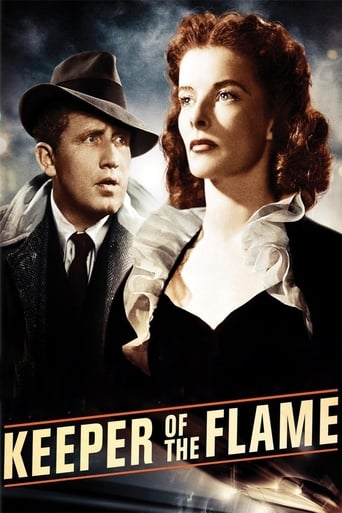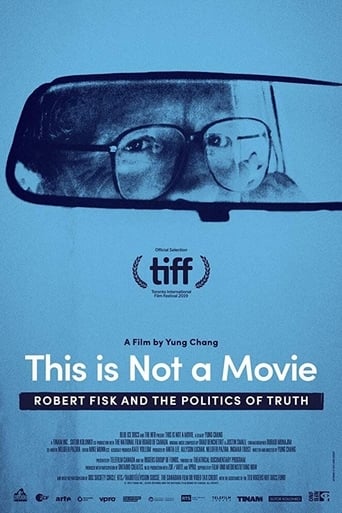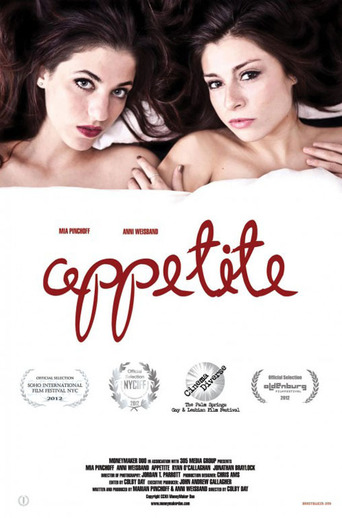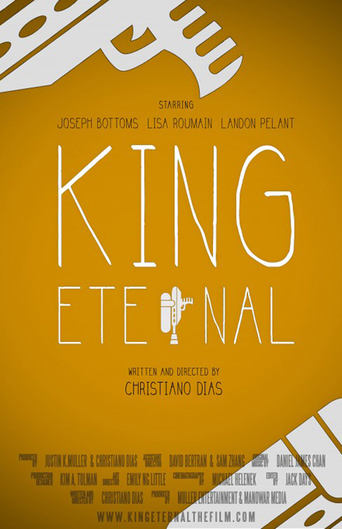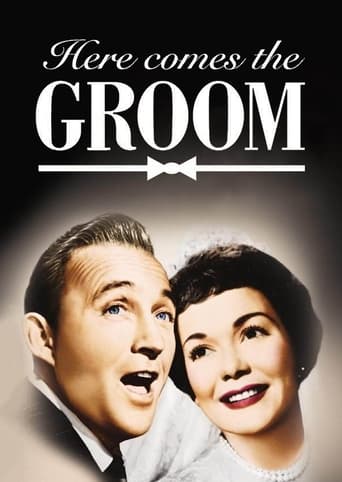
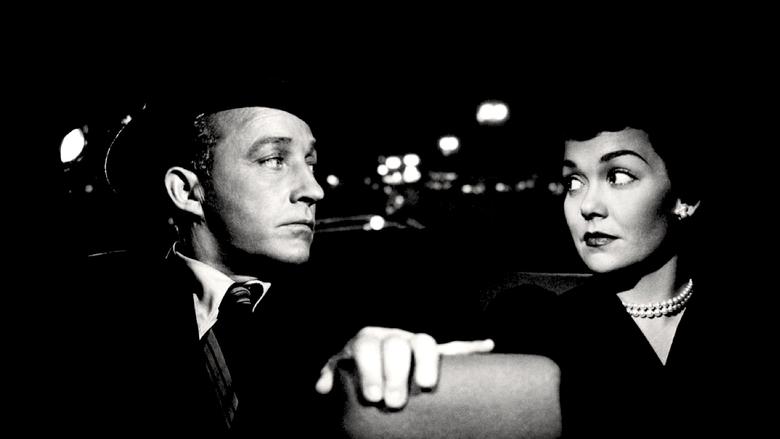
Here Comes the Groom (1951)
Foreign correspondent Pete Garvey has 5 days to win back his former fiancée, or he'll lose the orphans he adopted.
Watch Trailer
Cast


Similar titles
Reviews
Academy Award for Best Song, "In the Cool, Cool, Cool of the Evening", defeating "A Kiss To Build a Dream On" from The Strip, "Never" from Golden Girl, "Too Late Now" from Royal Wedding, and "Wonder Why" from Rich Young and Pretty.Robert Riskin and Liam O'Brien were nominated for Best Motion Picture Story, losing to Seven Days to Noon.PRINCIPAL MIRACLE: In some respects, this is a comic version of Bing Crosby's later vehicle, Little Boy Lost (1953).COMMENT: A combination of Bing Crosby and Frank Capra should have produced something really special. Maybe because that didn't happen is why the picture received such a drubbing from the critics. But how explain the appeal of this disappointingly mediocre offering to the public. Particularly the American and Australian public?Here are two of my original reviews. The first from Photoplayer, published when the movie was first released. The second is extracted from my TV page in Shout written about twenty years later:Capra well below par with this noisy, static, over-talkative comedy. There are a few flashes of the old master's genius, notably in the visit to a vast office pile at night, but most of the action takes place in some very cramped sets and the handling (in long takes) closely resembles that of a filmed stage play. Most of the jokes are poor. They are stretched so thin, that when they do come along they are delivered so portentously as to drain off any vestiges of sparkle. If the script had been drastically shortened by 30-45 minutes and if the direction and playing had been suitably light, it would doubtless have provided fairly agreeable entertainment. But as it is, it's a loud, long-winded bore.OTHER VIEWS: It was no wonder that director Frank Capra did not make another film after this for some time. It's a very noisy affair with some good ideas but far too much talk. A brisk hand in the cutting room would have helped considerably. The songs are by a very uninspired Jay Livingston and Ray Evans, although one number is helped out by some surprise guest appearances. Even George Barnes' photography is not quite up to his usual superb standard.
Within the first 15 minutes the viewer already knows that Bing is going to get his girl, which takes the movie down a notch. Not exactly a musical, but Bing manages to sing a few. Most annoying opus is Cole Porter's "In the Cool, Cool, Cool of the Evening" which gets sung-to-death. Bing plays Peter Garvey, an American newspaper corespondent stationed in France while his fiancé is back home. She finally loses her patience and sends him a "Dear John" homemade phonograph record while he visually imagines her every word. It's very cute. When the record skips, she skips! He is delayed from his original flight home in order to get the paperwork to adopt two adorably cute war orphans from France. By the time he finally flies home, she is engaged and to be wed to her millionaire boss Wilbur Stanley that Saturday. The girl-in-question is wasp-waisted Jane Wyman, (as Emmadel Jones) who looks like a confection in her beautiful white satin wedding gown. Her fiancé gives her a wedding present in the form of a check for half a million dollars! Garvey actually strikes up a friendly-rivalry with Wilbur. So, in 5 days, Bing (Garvey) must marry Miss Jones or the kids might have to return to France. Enter 4th-cousin Winifred Stanley (Alexis Smith) who, once dressed for the part, is a beautiful and statuesque gal who has been carrying a torch for her distant cousin Wilbur since her childhood. All ends as it should with a few minor Capra-corn plot twists. Several colorful characters played by familiar actors. Not quite the Capra-classic, but most enjoyable.
Produced and directed by Frank Capra, one of his last films (he didn't direct another film, his next to last, until 1959), with a story by his frequent collaborator Robert Riskin, and Liam O'Brien, this slightly above average musical (late screwball) comedy features Bing Crosby in the title role.Crosby, who's always ready with a song to smooth over any situation, plays the kind of easy going, unflappable character that marked his career. Jane Wyman, Alexis Smith, Franchot Tone, James Barton, Robert Keith, and Connie Gilchrist, among others, round out the cast. The Hoagy Carmichael-Johnny Mercer song "In the Cool, Cool, Cool of the Evening" won an Academy Award; Riskin and O'Brien also received a nomination for their Motion Picture Story. This Oscar winning song is sung throughout, including during one of the film's several well choreographed numbers (another with uncredited Louis Armstrong, Phil Harris, and Dorothy Lamour) featuring Crosby and Wyman!Boston foreign correspondent Pete Garvey (Crosby) has spent the last three years in Paris helping to find homes for war orphans. His ring-less "fiancée" Emmadel Jones (Wyman) and newspaper editor George Degnan (Keith) are impatient for his return. Bobby (Jacques Gencel) and Suzi (Beverly Washburn), two of the orphans, have found their way into Pete's heart and he decides to adopt them. This takes time, which delays his return home.Meanwhile, unbeknownst to him, an exasperated Emmadel, who's been employed as the secretary to real estate mogul Wilbur Stanley (Tone) for the past two years, accepts her boss's proposal of marriage. George's paper has dubbed Emmadel "Cinderella Jones". However, the stipulation on Pete's adoption of Bobby and Suzi states that he must have a wife within 5 days of his arrival in Boston with the orphans.So, Pete goes straight to Emmadel's where he's warmly greeted by her somewhat drunken, and former Navy captain father William 'Pa' Jones (Barton), and is not so well received by her Ma (Gilchrist), who foresees Pete messing up her daughter's engagement to the $40 million man. Sure enough, Pete conspires to stop the wedding, which is conveniently scheduled the same day as his deadline, in part by appealing to Emmadel's maternal instincts towards the orphans, who are not only cute, but have adopted some of Pete's mannerisms.Though you can probably figure out how the story will end, it's the "getting there" that satisfies, at least most of the time. Pete meets Wilbur, to whom he's open about his intentions (e.g. that he plans to marry Emmadel himself), and the two make a gentleman's agreement - "may the best man win". Wilbur, confident of his position, even allows Pete to move in to the Stanley estate guest house in the days immediately preceding the wedding. This delights Emmadel's Pa, but infuriates her and her mistrusting Ma. Smith plays Wilbur's prim and proper fourth cousin Winifred Stanley, who's always had a crush on him. Pete, who senses this, plays a Pygmalion- like role, with George's assistance, to help Winifred loosen up in order to appear more attractive to her cousin Wilbur.A lot of slapstick humor, only some of which is funny, follows. If it weren't for the overtly contrived (indeed, incredible) ending, I'd probably rate this as an above average comedy.H.B. Warner, Nicholas Joy, Ian Wolfe, and Adeline De Walt Reynolds (uncredited) play other members of the Stanley family; Irving Bacon plays their butler. Charles Halton appears, as an immigration official, and so does Charles Lane - both are uncredited.
It's a lightweight comedy, but this film has unforgettable moments. Plotwise, it's postwar Capra claptrap complete with French orphans-- but also some dazzling camera work and a few did-I-just-see-that? surrealistic touches. The first is a hologram of sorts: Bing's in France listening to an audio letter from fiancée, Jane Wyman-- a Dear John recordio-gram. As it's playing, Wyman materializes on the spinning record, Princess Leia-like. So I should have been prepared for anything, but when Der Bingle is on the plane back to America, he (of course) starts singing to the orphans. The tune is "Misto Cristofo Columbo"-- and suddenly Louis Armstrong walks into the airline cabin, complete with trumpet and hankie-- well, talk about ferblunjet! Then up pops the bottom of the Hollywood barrel: Dorothy Lamour, Frank Fontaine and Phil Harris, all singing.When the plane, and the plot, land in Boston, Bing has to win Jane back from Franchot Tone, which he does via a Pygmalion subplot involving Alexis Smith and men's pajamas. Hubba hubba. Best of all though is one of film's great tracking shots (nothing compared to "I Am Cuba," but still), a song-and-dance number through an office building to "In the cool cool cool of the evening." If only they'd brought Satchmo back for the big double-wedding ending.


